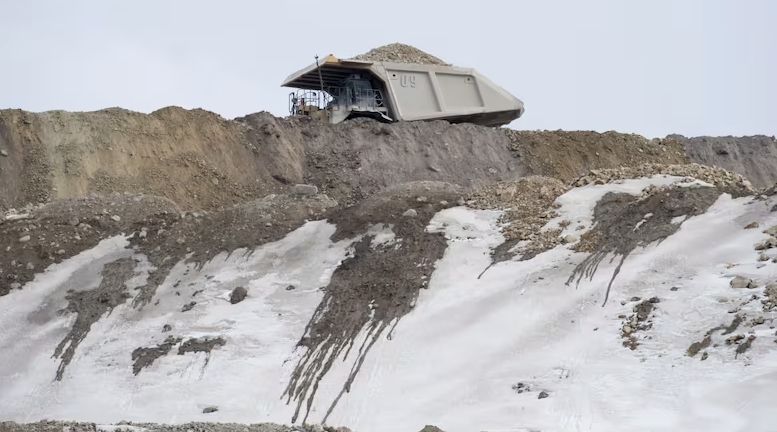Economic Factors, Not Regulations, Often Behind B.C. Mining Project Delays, Study Finds
Noah Chen
2/7/20252 min read


As the British Columbia government moves to fast-track mining projects in response to ongoing U.S. tariff threats, new research suggests that speeding up permits may not guarantee success for these ventures.
A Simon Fraser University study, led by associate professor Rosemary Collard, examined 27 mining projects that were granted environmental assessment certificates between 1995 and 2022. It found that 20 of them failed to open on time, and for most, economic viability—not regulatory hurdles—was the deciding factor.
Collard’s findings raise questions about whether accelerating approvals will truly spur growth in B.C.’s mining sector.
Economic Uncertainty a Bigger Barrier Than Regulation
The B.C. government announced this week that it will expedite 18 critical mineral and energy projects, including four mines, to help diversify the economy.
Tim McEwan, senior vice-president at the Mining Association of British Columbia, welcomed the move, calling it “a good first step” toward unlocking B.C.’s 17 critical mineral projects that are awaiting approval.
However, Collard cautions that even fully approved projects may not be built unless economic conditions align.
“One of the most surprising findings in our study was that almost half of the mines approved in B.C. since 1995 have never been built,” she said.
Currently, 12 permitted mines remain inactive, waiting for favorable market conditions.
Collard also noted that mines that did become operational often underperformed economically compared to projections in their environmental assessments, particularly in terms of employment and tax revenue generation.
Fast-Tracked Projects Still Face Key Challenges
Among the mining projects included in B.C.’s fast-tracking plan is the Red Chris copper and gold mine expansion, which faced years of regulatory delays before opening in 2015—six years later than initially planned.
Another is the Highland Valley Copper mine near Kamloops, where Teck Resources is seeking approval to extend operations beyond 2028 and into the mid-2040s.
The Highland Valley project has garnered support from several First Nations, including the Citxw Nlaka’pamux Assembly, the Lower Nicola Indian Band, and the Kanaka Bar Indian Band. However, the Stk’emlúpsemc te Secwépemc Nation has expressed opposition.
No Shortcuts on Environmental or Indigenous Consultation, Says Minister
At a press briefing, B.C. Energy Minister Adrian Dix was asked whether fast-tracking mining and energy projects would come at the expense of environmental assessments or First Nations consultation.
Dix did not directly answer but stated that all projects will still need to meet B.C.’s regulatory standards.
The province also announced that it will introduce legislation this spring to place renewable energy projects, such as wind and solar, under the B.C. Energy Regulator to streamline permitting.
A statement from Dix’s ministry emphasized that B.C. remains committed to working with First Nations on the legislative approach.
A Volatile Future for Mining in B.C.
Despite political momentum to accelerate mining and energy approvals, researchers warn that market uncertainty remains a major risk.
Collard described mining as a “notoriously volatile” industry, where commodity price swings and investor confidence often determine whether a project moves forward.
As B.C. pushes ahead with its fast-tracking plan, the true test will be whether these efforts translate into actual mines breaking ground—or if they remain stalled by economic realities.
News
Stay updated with the latest BC news stories, subscribe to our newsletter today.
SUBSCRIBE
© 2025 Innovatory Labs Inc.. All rights reserved.
LINKS
